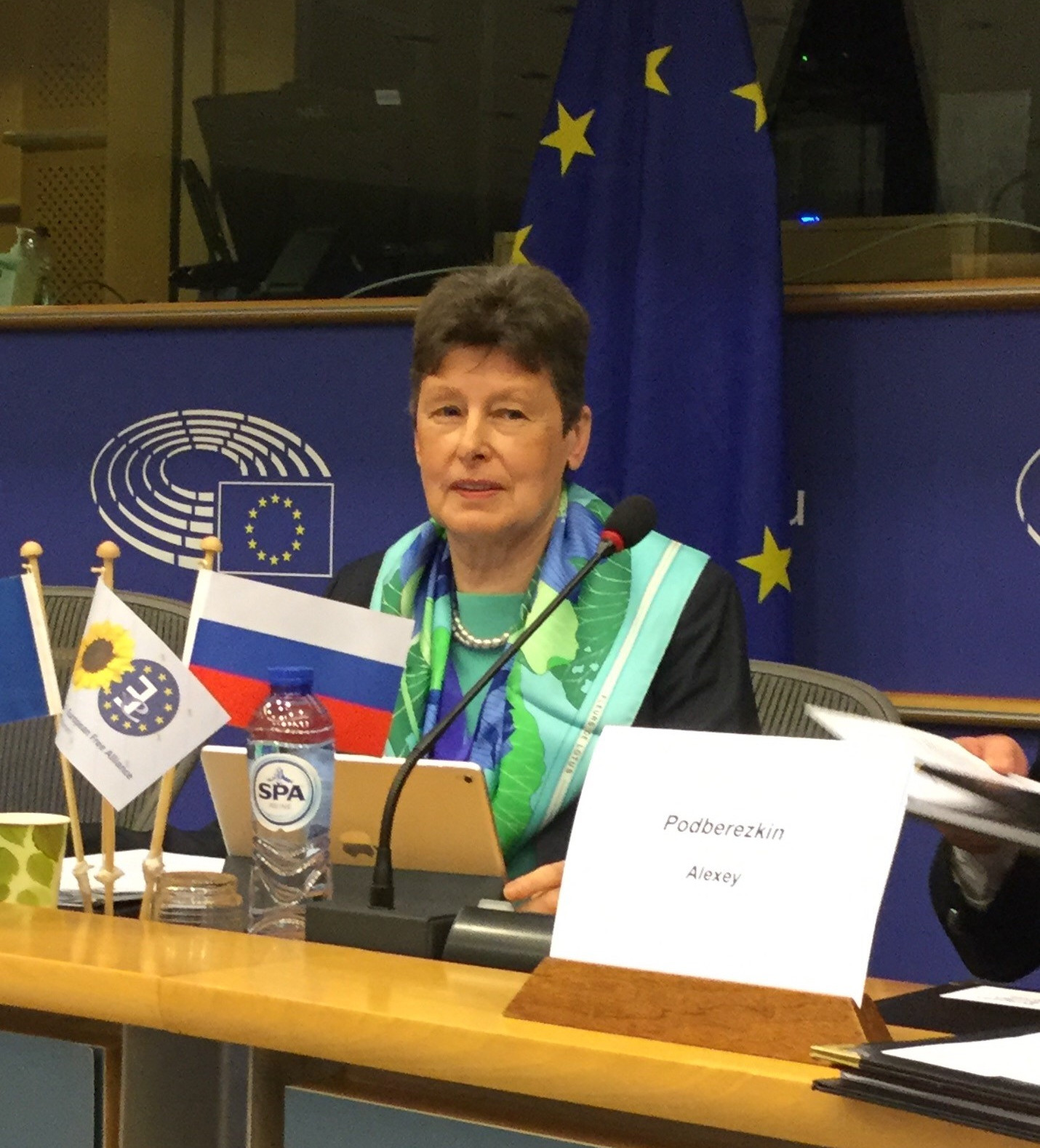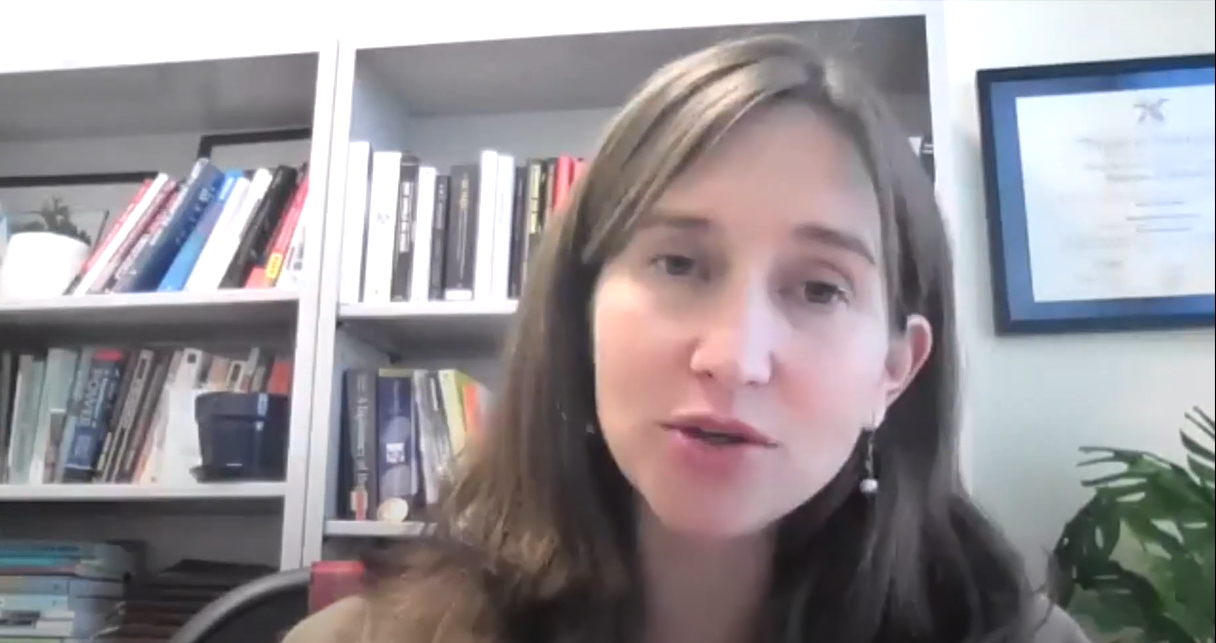

On October 28, VCDNP Senior Fellow Dr. Nikolai Sokov participated in the launch of a report “Evaluating Current Arms Control Proposals: Perspectives from the US, Russia and China” published by the International Institute for Strategic Studies (IISS). In the report, he assesses the Russian proposals on the freeze on deployment of INF-range missiles, which was made after the collapse of the 1987 Intermediate-Range Nuclear Forces (INF) Treaty in 2019.
He argued that public proposals should be judged not by whether they meet all concerns of the other side, but by whether they offer grounds for subsequent discussion. The Russian INF freeze proposal went through several iterations (September 2019, October 2020, and December 2021). Perhaps already the second and certainly the third iteration met that criterion, and a discussion behind closed doors took place in January 2022; that discussion showed some potential for an INF 2.0 treaty. Unfortunately, the process was derailed by Russia’s full-scale invasion of Ukraine, which took place in February 2022.
Evaluating the Russian proposal, Dr. Sokov emphasised the following points:
Today, prospects for an INF 2.0 treaty look grim. Dialogue has not resumed, while all parties have made decisions related to deployment of INF-range missiles. The United States has brought INF-range missiles for exercises to Denmark and the Philippines, and has agreed with Germany to begin “periodic” deployment of INF-range missiles on its territory starting in 2026. For its part, Russia has announced it was resuming production (although not yet deployment) of missiles in that category.
However, Dr. Sokov argues that this does not amount to a new Euromissile Crisis, a major political upheaval in Europe in the early 1980s over deployment of US INF-range missiles in response to Soviet deployment of SS-20 missiles. The Euromissile Crisis was primarily caused by deep divisions within NATO and individual NATO countries. Today, such divisions are minimal. Instead, Russia and the United States as well as its allies pursue deployment of new missiles.
Assessing the prospects of a new agreement on INF missiles, Dr. Sokov said the task may be more challenging than in 1980s:

